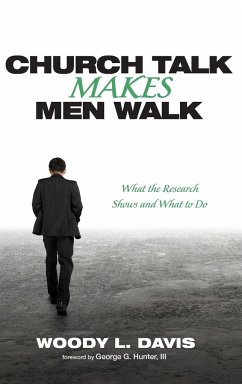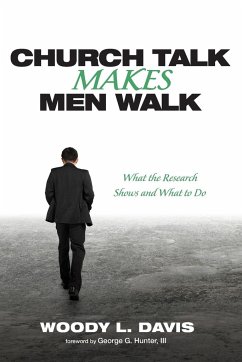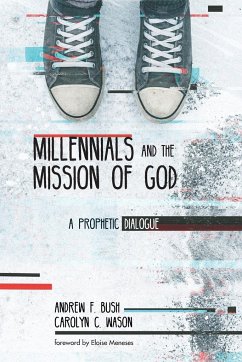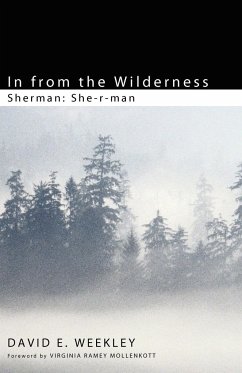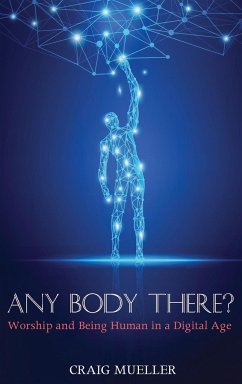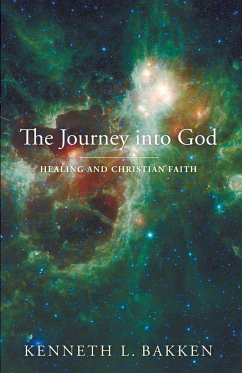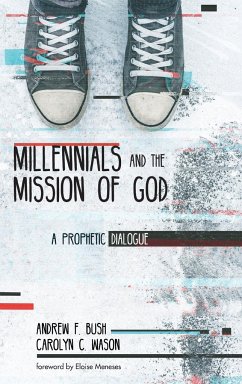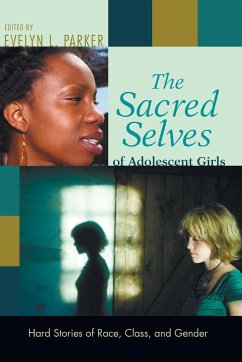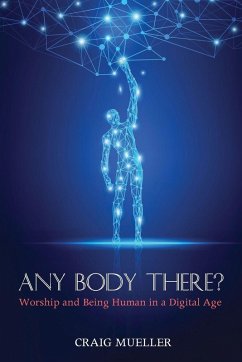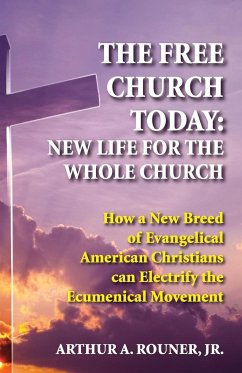
The Free Church Today
New Life for the Whole Church
Versandkostenfrei!
Versandfertig in 1-2 Wochen
17,99 €
inkl. MwSt.

PAYBACK Punkte
9 °P sammeln!
This important contribution to American ecumenism is an impassioned plea for an encounter between the mainline denominational churches and the vital new ""third force"" of the evangelical and ""free"" churches. It strives to bridge the gulf between the most uncritical supporters of organic church union and those most suspicious of its organizational purpose and theology. It suggests that the common elements of the New Testament church life in all local churches provide a basis for understandings out of which a new spirit and a broad new alignment can evolve. It urges the mainline groups to ach...
This important contribution to American ecumenism is an impassioned plea for an encounter between the mainline denominational churches and the vital new ""third force"" of the evangelical and ""free"" churches. It strives to bridge the gulf between the most uncritical supporters of organic church union and those most suspicious of its organizational purpose and theology. It suggests that the common elements of the New Testament church life in all local churches provide a basis for understandings out of which a new spirit and a broad new alignment can evolve. It urges the mainline groups to achieve an understanding with these free churches--whose doctrine of authority posits a direct, personal rule of Christ over each local ""gathered"" congregation without the meditation of bishops, priests, synods or councils--in seeking a new basis for achieving the reality of the ""great church coming"" which is the ecumenical hope. The author's conviction is that the future of the church in America and of any vital ecumenical witness rests with these ""left out"" churches and their creative rapprochement with other life of all churches together in an exciting and meaningful mission in which American churches of all traditions can share completely, yet without compromise.



